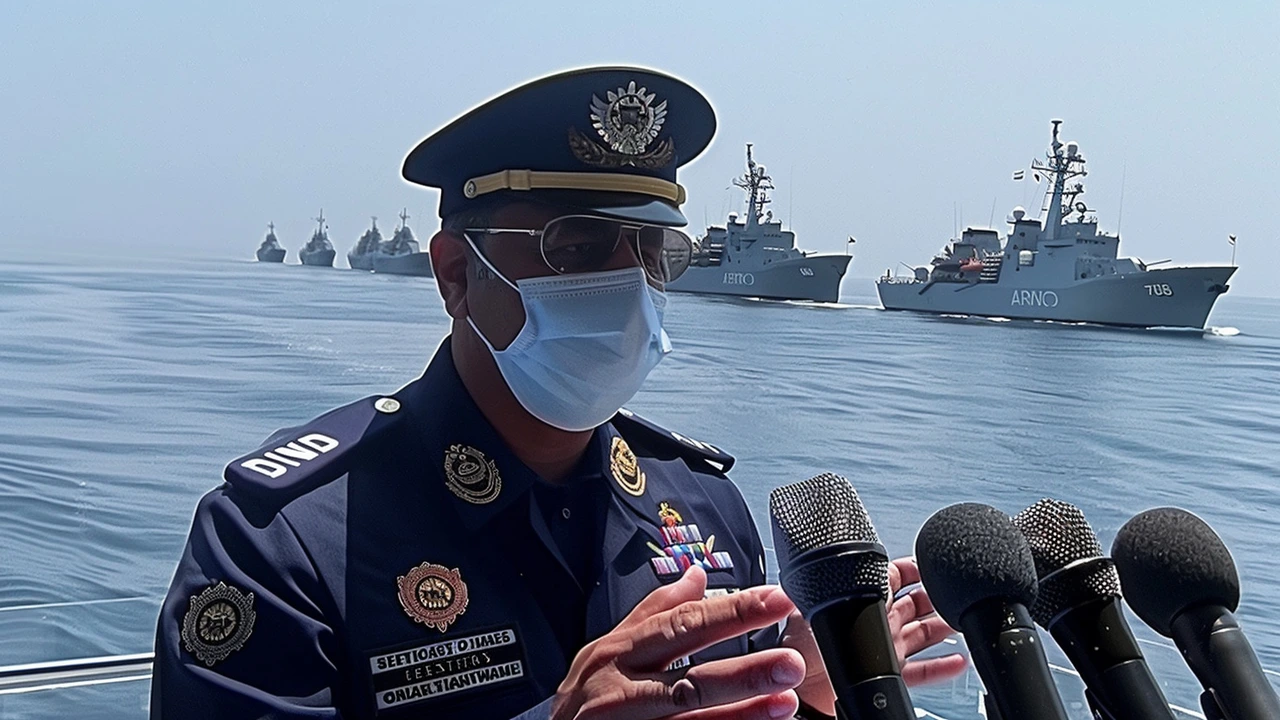Western Naval Command: What It Does and Why It Matters
If you follow maritime security, the Western Naval Command is one of those names you keep seeing. It is the Indian Navy's operational command that covers the Arabian Sea and India's western coastline. Headquartered in Mumbai, the command runs major bases, manages fleets, and conducts operations to keep sea lanes safe.
Roles and Operations
First, it protects maritime trade routes that carry fuel and goods to and from India and the region. That includes patrolling shipping lanes, escorting vulnerable vessels, and responding to piracy or smuggling.
Second, it trains and deploys ships, submarines, and naval aircraft for peacetime missions and wartime readiness. Third, it leads joint exercises with other nations to build cooperation and test tactics.
Why should you care? Shipping disruptions in the Arabian Sea affect fuel and food prices across many countries. A stable Western Naval Command helps prevent sudden shocks. The command also plays a role in humanitarian missions, rescue operations, and disaster response along the west coast and nearby islands. When tensions rise in the region, the command's movements are a reliable indicator of how events might unfold.
Follow, Watch, and Practical Tips
If you want timely, reliable updates, check the Indian Navy's official website and verified social accounts. Defense news sites, reputable newspapers, and government press releases also report on major movements, new ship commissions, or joint drills. For on-the-ground context, look for statements from the command's Flag Officer Commanding-in-Chief and regional port authorities.
New base upgrades, commissioning of major vessels, large-scale exercises, and changes in deployment patterns are all signs of shifting priorities. Humanitarian missions or anti-piracy patrols usually mean routine activity. Sudden redeployments toward oil chokepoints or joint operations with foreign navies can signal rising tension.
If you work in shipping, energy, or fisheries, naval activity matters. Notices to mariners, temporary exclusion zones during exercises, and changes to convoy patterns can impact schedules. For travelers, ports may tighten security during major operations, so allow extra time and check with local authorities.
Quick practical tips: follow official channels for verified info, watch reputable defense analysts for context, and track notices to mariners if you handle vessels. If you are a reader who wants deeper background, look for pieces on base projects like INS Kadamba at Karwar and the role of naval aviation along the west coast.
The Western Naval Command is a practical actor, not just a headline. Watching what it does gives you early clues about regional security, trade flow, and emergency response along a vital stretch of ocean.
Want alerts? Subscribe to naval news newsletters and set Google Alerts for 'Western Naval Command' and nearby ports. That way you get fast updates without hunting through dozens of sites. For deeper analysis, follow retired officers and trusted think tanks who explain why deployments matter and what moves could mean for trade and security.
Read local port notices and maritime safety bulletins to spot immediate changes affecting shipping and coastal communities. Stay informed always.
Admiral Dinesh K Tripathi Reinforces Commitment to Operational Excellence During Inaugural Visit to Western Naval Command
By Sfiso Masuku On 24 Jun, 2024 Comments (6)

Admiral Dinesh K Tripathi made his first visit to the Western Naval Command, interacting with the personnel and stressing the Navy's mission to protect maritime interests while highlighting the importance of personnel and initiatives to enhance their well-being and service conditions.
View More




